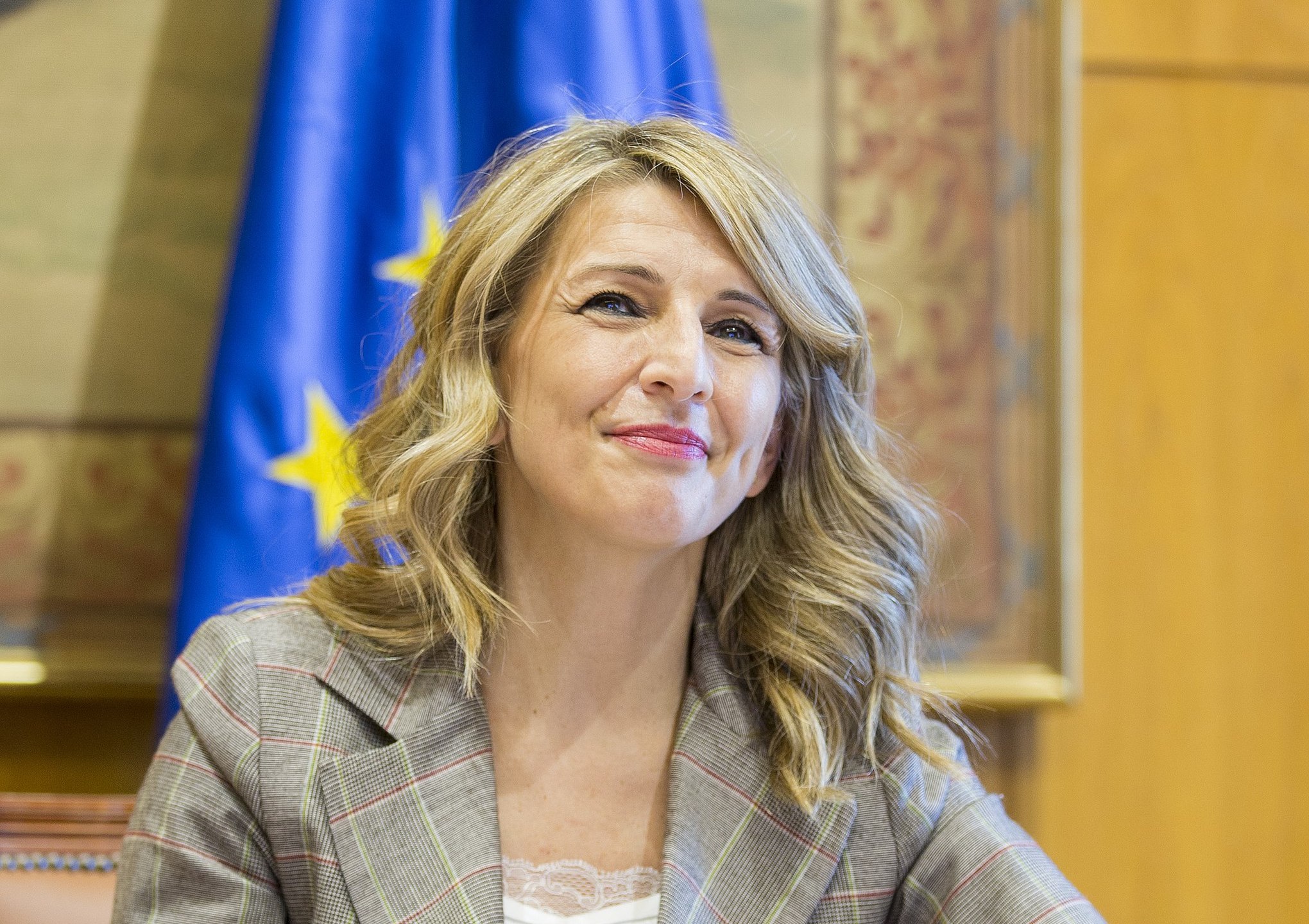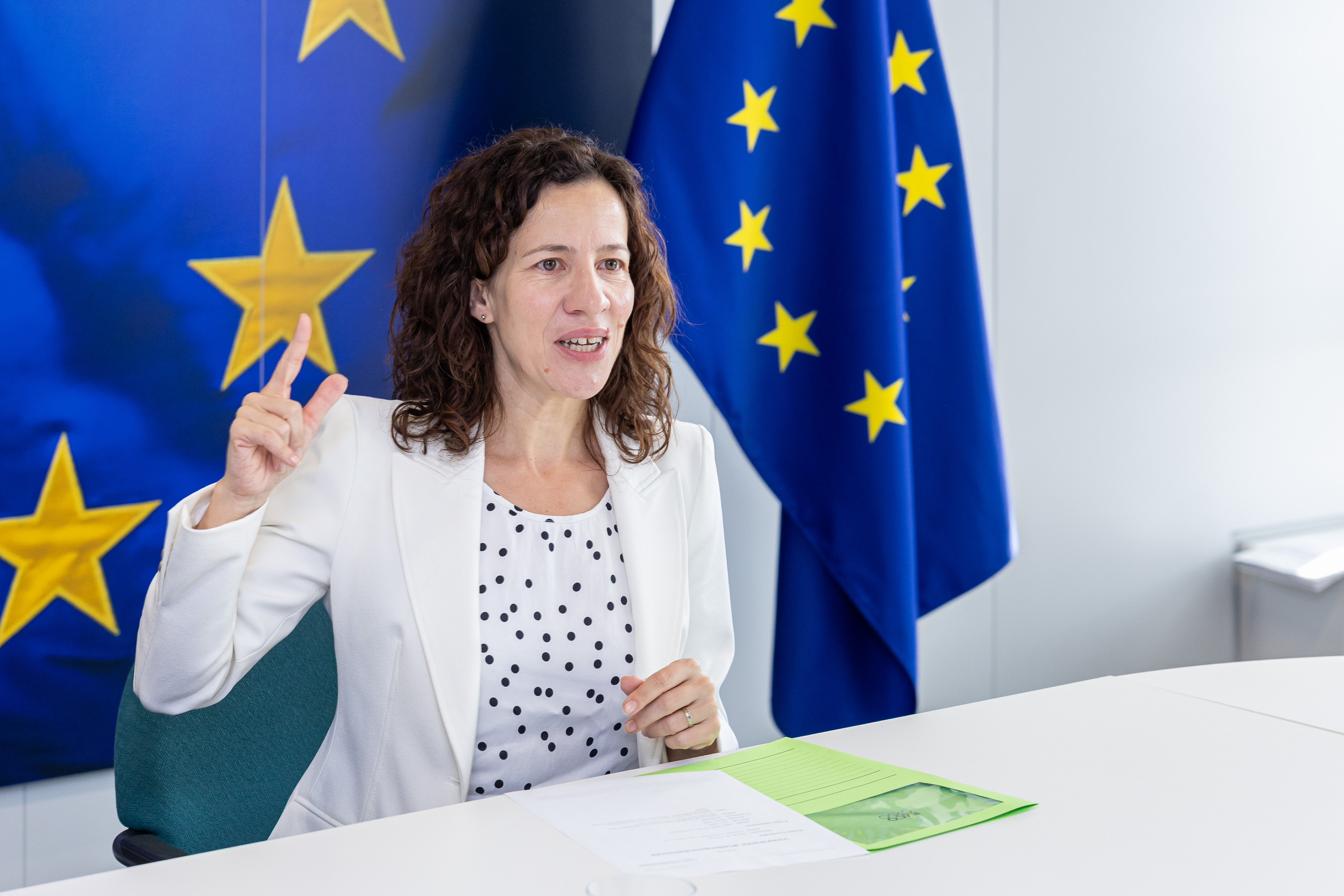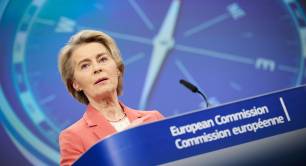The EU’s social economy must adapt to today’s political reality
European social enterprises might have a stronger ally than expected in Brussels, but they need to be pragmatic, acknowledge changing priorities and build their narrative accordingly. Euclid Network’s Toby Gazeley shares his takeaways from European Social Economy Week in Spain.
The back-to-school grind of September can sometimes be tough in Brussels. Not only does it mean your inbox suddenly returns to overload mode and that the rain begins to lash at the window, it also means the return to work of well-rested EU officials, ready to restart the policy-making process. Amid all of this, there’s one upside: September also signals the start of the event season and the European social economy community never misses a chance to get on the road.
From 15 to 19 September, more than 600 delegates gathered in Spain’s official 2025 social economy capital, Murcia, to celebrate the European Social Economy Week – an event organised by Social Economy Europe, a network body that represents social economy organisations at EU level, and partners. The festivities included appearances from two powerhouses of the European social economy: the EU Commission’s executive vice president Roxana Mînzatu, who oversees the social economy at EU level, and Spanish minister for labour and social economy Yolanda Diaz.

Diaz’s energising intervention was a sharp contrast to the vague and bland language so often associated with politicians. She articulated a clear and bold vision about why the social economy is so fundamental to Europe and why we need it even more now given the state of the world. Championing an economic model that is more inclusive, ecological, peaceful and feminist, she reiterated that the social economy is not an alternative, in competition with ‘traditional’ ways of doing business, nor new; it is something that’s fundamental to, and already present in the European economy. Flanked by Mînzatu – someone of a totally different communications style but who is also quietly bold in her own way – one could not help but have a little hope for the future of the social economy.
‘Not forgotten’
Mînzatu addressed head-on the worries of social enterprises over the restructuring of the Commission that removed the social economy from the department overseeing industry and entrepreneurship, instead leaving the sector in the hands of the jobs and social affairs department only.
She had heard their concerns, she said, assuring them that they were ‘not forgotten’ nor ‘minimised’. She highlighted the ongoing work across the EU executive to support the social economy, in particular noting the importance of sharing social economy approaches across policy areas, not just in terms of job creation. She insisted on the importance of mobilising private capital, and the role of the Commission in this through providing shared guidance.

Nicolas Schmit, commissioner responsible for the social economy before Mînzatu, left some very large shoes to fill when his term ended a year ago. But as a commissioner with previous experience working on state aid and utilising EU funding in Romania, perhaps the social economy has more of an ally in Mînzatu than many had realised.
A lack of ambition?
Social Economy Week heard representatives of the European Commission, members of the European parliament and European networks for social enterprises and the social economy, which complemented interventions from national and local stakeholders. Country government representatives were out in force, including from Spain, Poland, Romania, Bulgaria, Cyprus, Belgium and France. Together, they spoke about some of the key areas for the social economy to focus on in the current political climate – with a high degree of clarity, specificity and unity that can sometimes be lacking among this diverse group of stakeholders.
Three key action areas can be distilled from the several days of discussions:
- Boosting procurement from social enterprises by both the public and private sectors is a key opportunity and one that is even more important if other sources of funding are cut. The European directives on procurement are currently being reviewed so ensuring that social enterprises are well treated in updated regulation is essential.
- State aid needs reform. The social economy should be supported by the state and giving confidence to officials to make use of state aid is essential.
- The social economy needs to be the mainstream. There is a distinct lack of narrative or perhaps even ambition to achieve mainstream recognition of the social economy. If this can be overcome, the social economy can highlight its role as a motor for economic prosperity, sustainability and inclusion.
Cutting through the discussions was the pragmatic understanding that the social economy needs to respond and adapt to the current political situation Europe finds itself in – where budgets are squeezed and focus has moved from sustainability to competitiveness.
In the week before the event, European Commission president Ursula von der Leyen highlighted the importance of the circular economy and the ‘made in EU’ priority. The social economy does not just make things in the EU, it keeps the value of that production rooted in local communities. It is driving the energy transition, supporting work integration and contributing to a more strategically autonomous Europe.
I am reminded of the old adage that a good crisis shouldn’t go to waste, so social economy stakeholders must now heed this wisdom. Demonstrating the benefits of social economy approaches, highlighting their success and relevance now becomes key. If the social economy can succeed in reaching people beyond those already converted, perhaps funding cuts and political de-prioritisation can be turned into unexpected opportunities.
Header image: From left: social economy commissioner Roxana Mînzatu, Toby Gazeley, Ursula von Der Leyen. Pioneers Post design with images © European Union 2025. Picture of Yolanda Diaz: credit AntonMST29, licensed under creative commons. Picture of Roxana Mînzatu: © European Union 2025.
| Ready to invest in independent, solutions-based journalism?
Our paying members get unrestricted access to all our content, while helping to sustain our journalism. Plus, we’re an independently owned social enterprise, so joining our mission means you’re investing in the social economy. |




